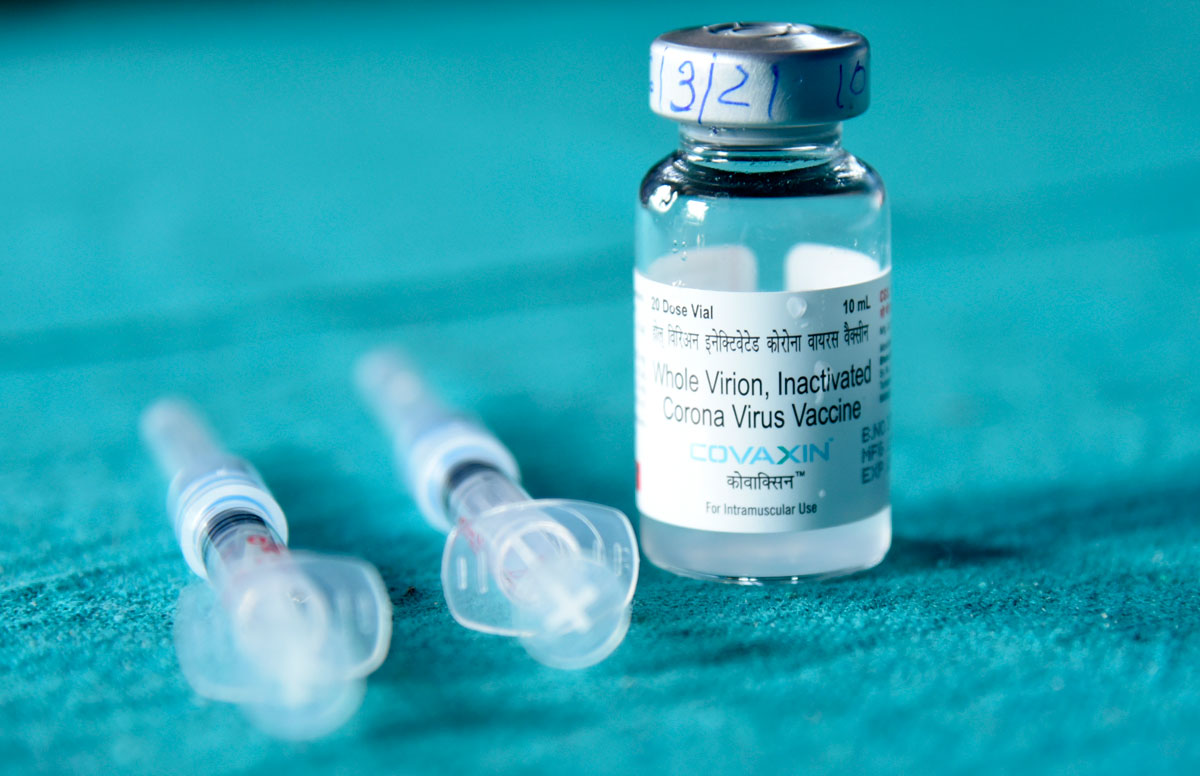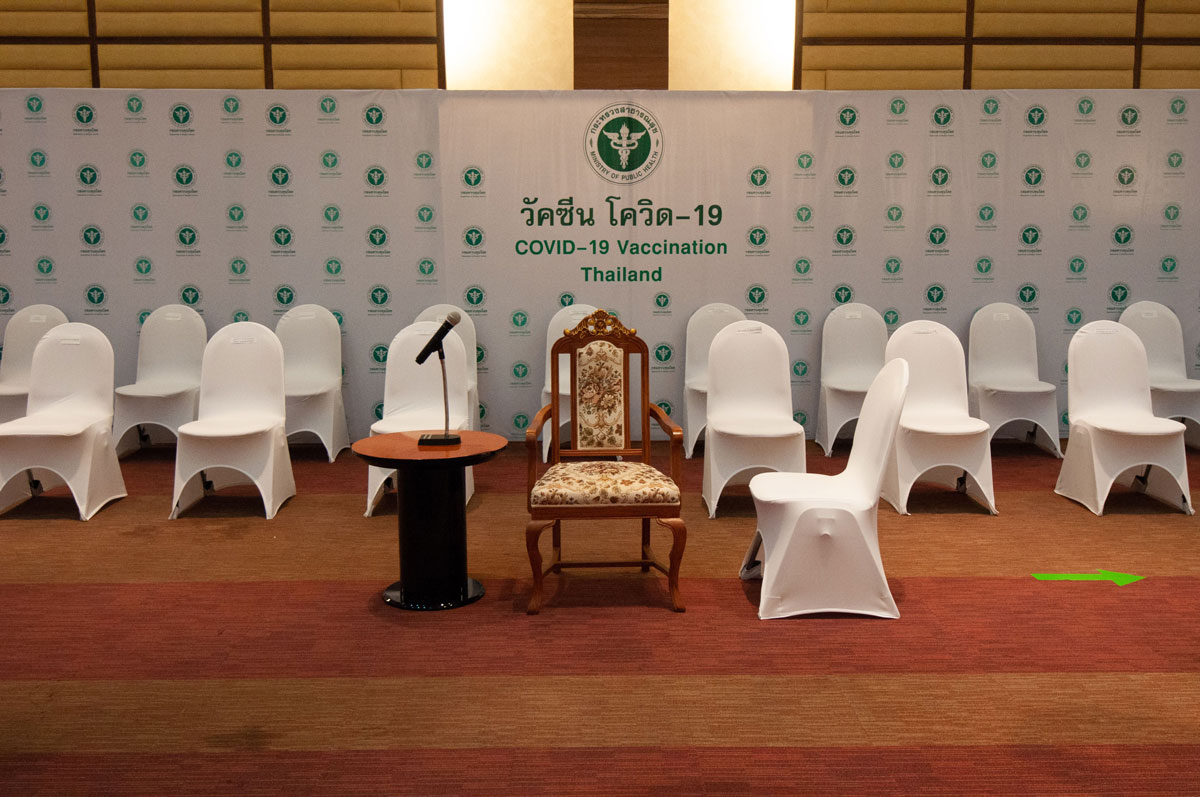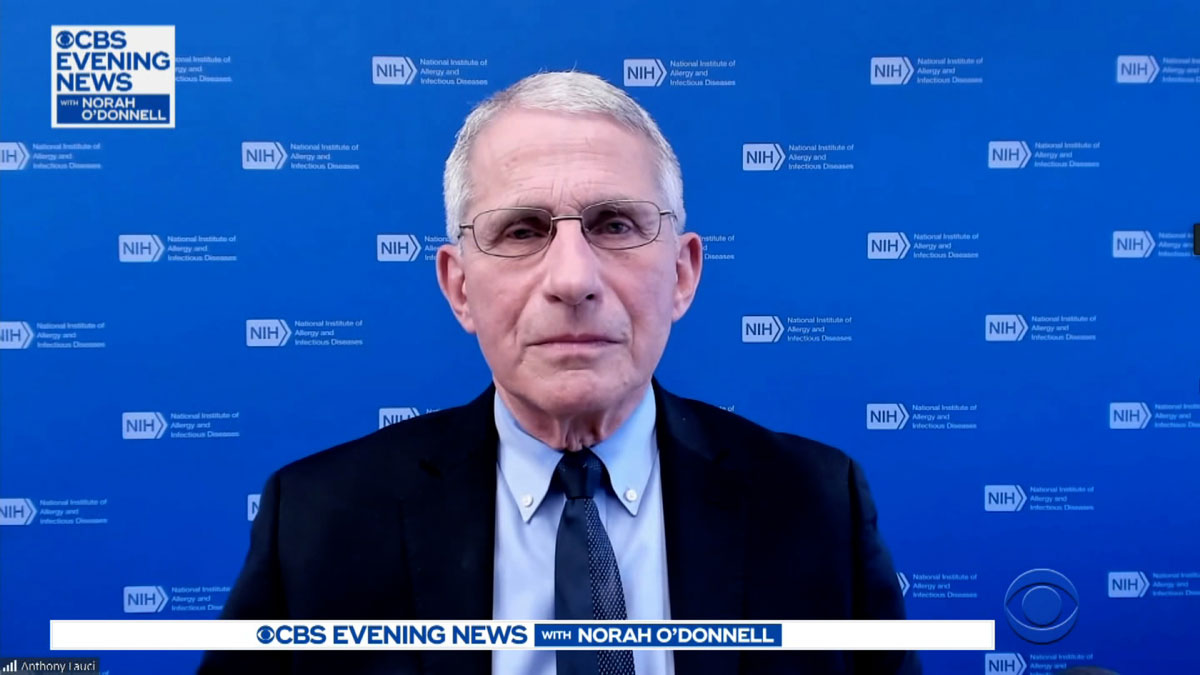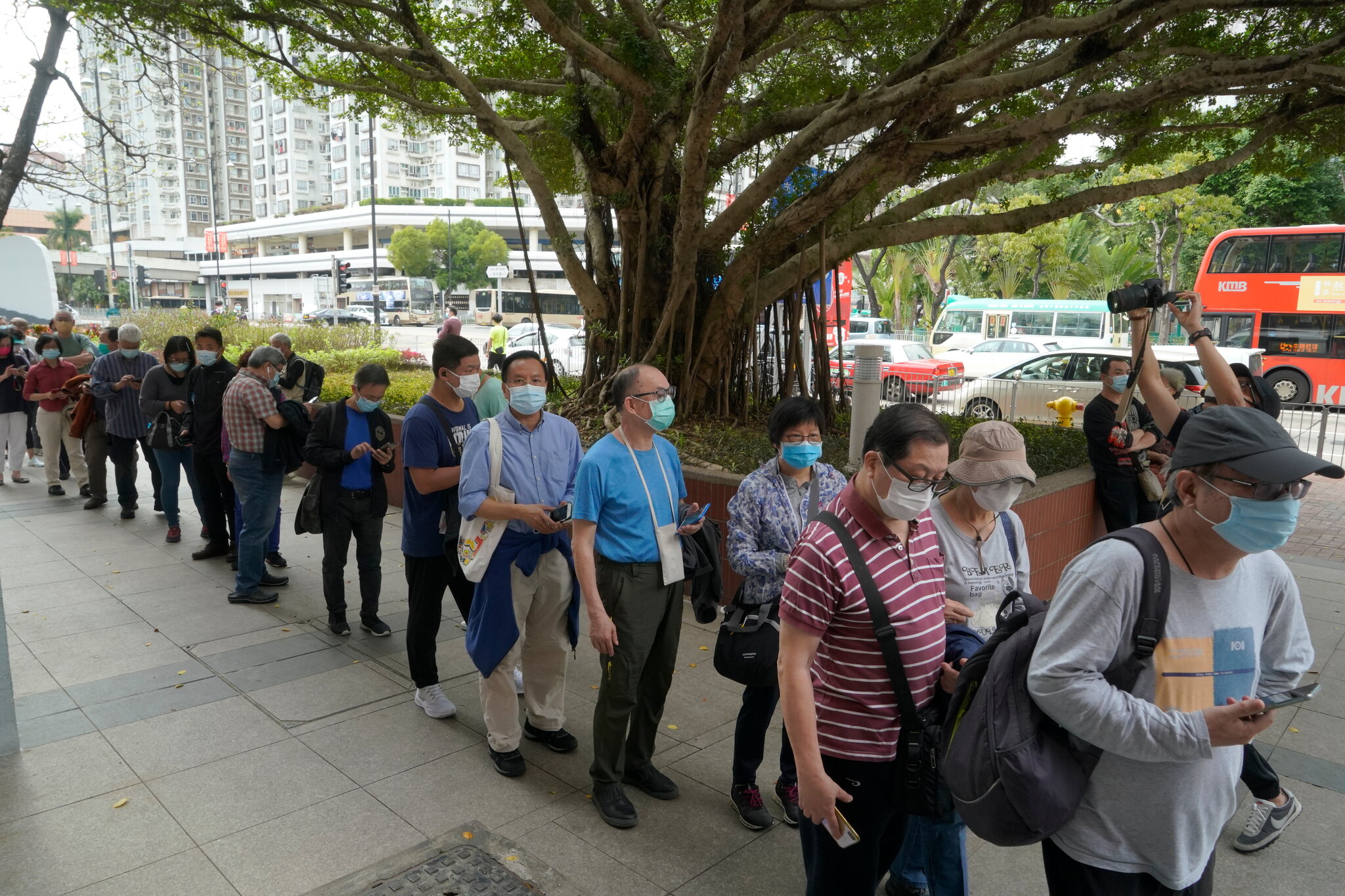
 i_need_contribute
i_need_contribute


|
Country, |
Total |
New |
Total |
|
World |
119,101,705 |
+477,556 |
2,641,141 |
|
29,925,902 |
+62,773 |
543,721 |
|
|
11,305,979 |
+21,668 |
158,326 |
|
|
11,284,269 |
+78,297 |
273,124 |
|
|
4,360,823 |
+9,270 |
90,734 |
|
|
4,241,677 |
+6,753 |
125,168 |
|
|
3,990,331 |
+27,166 |
89,830 |
|
|
3,178,356 |
+6,255 |
72,085 |
|
|
3,149,017 |
+25,673 |
101,184 |
|
|
2,835,989 |
+14,046 |
29,290 |
|
|
2,546,510 |
+13,655 |
73,560 |
|
|
2,290,539 |
+4,579 |
60,858 |
|
|
2,177,898 |
+8,204 |
53,493 |
|
|
2,144,558 |
+6,674 |
192,488 |
|
|
1,849,424 |
+21,045 |
46,373 |
|
|
1,723,470 |
+8,308 |
61,016 |
|
|
1,525,648 |
+1,474 |
51,110 |
|
|
1,425,522 |
+9,084 |
27,685 |
|
|
1,403,722 |
+5,144 |
38,049 |
|
|
1,394,571 |
+7,114 |
48,484 |
|
|
1,365,915 |
+14,516 |
22,743 |
|
|
1,138,796 |
+5,322 |
15,998 |
|
|
899,757 |
+3,018 |
22,371 |
|
|
873,512 |
+5,563 |
21,362 |
|
|
845,352 |
+5,236 |
21,252 |
|
|
814,250 |
+2,758 |
5,967 |
|
|
812,575 |
+627 |
16,635 |
|
|
794,605 |
+3,434 |
22,347 |
|
|
745,642 |
+5,170 |
13,671 |
|
|
607,048 |
+3,749 |
12,608 |
|
|
597,497 |
+2,258 |
13,377 |
|
|
554,156 |
+1,051 |
8,502 |
|
|
503,291 |
+4,595 |
4,644 |
|
|
489,172 |
+8,312 |
16,497 |
|
|
487,750 |
+464 |
8,712 |
|
|
484,916 |
+2,997 |
8,798 |
|
|
457,151 |
+8,300 |
5,169 |
|
|
443,001 |
+1,272 |
8,402 |
|
|
419,996 |
+2,087 |
1,369 |
|
|
408,909 |
+3,518 |
5,230 |
|
|
381,348 |
+390 |
6,551 |
|
|
346,775 |
+474 |
5,972 |
|
|
331,571 |
+1,978 |
8,244 |
|
|
319,364 |
+1,647 |
1,200 |
|
|
298,960 |
+837 |
2,070 |
|
|
297,957 |
+1,116 |
16,128 |
|
|
275,070 |
+97 |
3,012 |
|
|
274,045 |
+395 |
3,622 |
|
|
272,700 |
+3,121 |
11,094 |
|
|
256,462 |
+841 |
11,884 |
|
|
248,838 |
+777 |
5,635 |
|
|
244,923 |
+755 |
3,204 |
|
|
239,977 |
+609 |
8,313 |
|
|
238,383 |
+608 |
3,262 |
|
|
225,179 |
+591 |
4,509 |
|
|
220,770 |
+752 |
2,837 |
|
|
218,660 |
+862 |
2,384 |
|
|
214,661 |
+2,570 |
6,937 |
|
|
205,893 |
+1,505 |
1,148 |
|
|
204,001 |
+615 |
3,366 |
|
|
203,669 |
+1,291 |
2,211 |
|
|
200,124 |
+1,896 |
4,220 |
|
|
198,234 |
+860 |
3,918 |
|
|
189,000 |
+639 |
11,169 |
|
|
181,143 |
+750 |
6,531 |
|
|
176,286 |
+748 |
3,239 |
|
|
175,827 |
+1,814 |
3,411 |
|
|
175,442 |
+934 |
4,301 |
|
|
171,210 |
+1,332 |
2,483 |
|
|
168,829 |
+468 |
264 |
|
|
159,933 |
+287 |
2,001 |
|
|
144,277 |
+481 |
1,415 |
|
|
142,671 |
+1,073 |
2,340 |
|
|
142,114 |
+41 |
3,201 |
|
|
140,990 |
+1,338 |
5,410 |
|
|
129,081 |
+653 |
478 |
|
|
115,442 |
+602 |
2,002 |
|
|
114,851 |
+170 |
3,028 |
|
|
111,185 |
+829 |
1,899 |
|
|
110,209 |
+947 |
3,265 |
|
|
94,198 |
+465 |
1,652 |
|
|
92,274 |
+638 |
1,737 |
|
|
90,018 |
+11 |
4,636 |
|
|
86,692 |
+52 |
1,476 |
|
|
83,913 |
+580 |
1,148 |
|
|
82,029 |
+572 |
1,113 |
|
|
80,929 |
+1,957 |
686 |
|
|
80,347 |
+79 |
622 |
|
|
78,041 |
+872 |
639 |
|
|
67,717 |
+1,233 |
683 |
|
|
64,609 |
+720 |
776 |
|
|
63,645 |
+471 |
711 |
|
|
61,814 |
+137 |
1,935 |
|
|
60,070 |
+8 |
29 |
|
|
59,157 |
+778 |
361 |
|
|
57,321 |
+265 |
675 |
|
|
40,631 |
+180 |
450 |
|
|
40,622 |
+1,634 |
601 |
|
|
40,535 |
+15 |
334 |
|
|
38,496 |
+431 |
236 |
|
|
26,598 |
+58 |
85 |
|
|
8,997 |
+7 |
176 |
|
|
8,272 |
+45 |
77 |
|
|
2,533 |
+4 |
35 |
Retrieved from: https://www.worldometers.info/coronavirus/
From CNN's Esha Mitra and Manveena Suri in New Delhi

A Bharat Biotech COVAXIN dose at a government hospital on March 6 in Barpeta, India. David Talukdar/NurPhoto/Getty Images
India’s locally developed vaccine, Covaxin, has been given the same emergency use licensure as the Oxford-AstraZeneca vaccine, the country's Health Ministry announced Thursday.
Covaxin has been part of the nation's vaccine rollout since January 16. However, it was rolled out under "clinical trial mode," which meant that patients had to sign informed consent forms and required subsequent monitoring.
More than 1.9 million doses of Covaxin have already been administered.
Now, Phase 3 trials have shown an efficacy rate of 81%, and the vaccine has been granted approval under the “regular” emergency use authorization.
"This has taken the authorization for Covaxin to the next level, the same level at which another great vaccine Covishield has been operating,” said V K Paul of Niti Ayog, an Indian government-led think tank.
Rising cases: The approval comes as India battles a spike in infections. On Friday, the country recorded 23,139 new cases -- the highest 24-hour increase for the second day in a row since Christmas Day.
That raises the country's total to 11,308,846 cases and 158,306 related deaths, according to the Indian Ministry of Health.
The western state of Maharashtra accounts for nearly 60% of new cases, marking a "worrisome" trend, said Dr. Balram Bhargava, Director General of the Indian Council of Medical Research.
The surge is “related to the reduced number of testing, tracking and tracing as well as Covid-inappropriate behaviors and large gatherings," said Bhargava at a press briefing on Thursday.
From journalist Vee Intarakatug in Bangkok

Empty chairs are seen at Bamrasnaradura Infectious Diseases Institute, where Thai Prime Minister Prayut Chan-O-Cha abruptly canceled plans to publicly get the AstraZeneca vaccine on March 12. Vachira Vachira/NurPhoto/Shutterstock
Thailand’s Prime Minister Prayut Chan-o-cha canceled plans to publicly get the AstraZeneca vaccine on Friday due to reports that people in Denmark and Austria had experienced blood clot side effects after receiving it.
Thai authorities have delayed the vaccine rollout while they consider the issue, said Dr. Piyasakol Sakolsatayadorn, a senior member of Thailand’s vaccine committee, in a news conference on Friday.
“The only purpose of our vaccination is the people’s safety. When there is an adverse event, we don’t need to be in rush,” Piyasakol said.
Officials said they would wait for the results of investigations in Denmark and by relevant health organizations in Europe before making further decisions.
Thailand received 117,300 doses of the AstraZeneca vaccine from overseas, government officials said earlier this month. The country was also planning on domestically producing 61 million doses of the vaccine through the Siam Bioscience pharmaceutical company.
From CNN Health's Ryan Prior

CBS
Daily case numbers in the United States are "absolutely not" low enough to relax public health measures, according to Dr. Anthony Fauci, the director of the National Institute of Allergy and Infectious Diseases.
The US is still recording an average of 60,000 new infections per day -- which is "unacceptably high," Fauci told CBS Evening News. "That is risky for triggering another surge."
Fauci said cases need to fall below 10,000 per day in order to comfortably lift restrictions, such as wearing face masks.
The good news is that vaccinations are increasing nationally, particularly among the elderly, he said. For instance, it's now safe for grandchildren to hug their grandparents if the grandparents are vaccinated and if the grandchildren are healthy.
Looking back a year after Covid-19 began to sweep the US, Fauci explained that measures to curb virus spread might have been stronger earlier if public health officials had known how highly transmissible the novel coronavirus was.
"If we had known that fully early on, there likely would have been differences in how we approached it," he said.
By Sui-Lee Wee

In Atany, Hungary, administering a coronavirus vaccine produced by Sinopharm, a state-owned Chinese company.Credit...Peter Komka/EPA, via Shutterstock
Hungary has agreed to pay about $36 a dose for Covid-19 vaccines made by Sinopharm, a Chinese state-owned vaccine maker, according to contracts made public by a senior Hungarian official on Thursday. That appears to make the Sinopharm shot among the most expensive in the world.
Hungary has agreed to buy five million doses of the Sinopharm vaccine, priced at 30 euros ($36) each, according to contracts that Prime Minister Viktor Orban’s chief of staff, Gergely Gulyas, uploaded to his Facebook page. That price far surpasses what the European Union has agreed to pay for vaccines from Western manufacturers.
The European Union has said it would pay €15.50 per dose for the Pfizer-BioNTech vaccine, according to Reuters, which cited an internal E.U. document. For AstraZeneca, it agreed to pay $2.15 per dose, according to Belgium’s budget secretary.
The contracts that Mr. Gulyas published also show that Hungary, which has recorded nearly half a million cases and more than 16,000 deaths, has agreed to pay $9.95 per dose for the Russian Sputnik-V vaccine.
Hungary was one of the few European countries that signed a deal with Sinopharm, which promoted itself to developing countries at a time when many richer nations were hoarding doses by Western drugmakers like Pfizer and Moderna. A major selling point was Sinopharm’s immense manufacturing capacity; it has said it can make up to 3 billion doses by the end of this year.
The Sinopharm price is extraordinary in part because the company, unlike the Western vaccine makers, has not published detailed data from Phase 3 trials.
Sinopharm is mass-producing two vaccines. It says the first, made in conjunction with the Beijing Institute of Biological Products, has an efficacy rate of 79 percent, and that the second, made with the Wuhan Institute of Biological Products, is 72.5 percent effective.
Retrieved from: https://www.nytimes.com/live/2021/03/11/world/covid-19-coronavirus/hungary-sinopharm-covid

People lined up to receive vaccinations in late February in Hong Kong, where strict quarantine rules have kept the coronavirus largely in check.Credit...Kin Cheung/Associated Press
Anxiety spread through Hong Kong’s banking community on Thursday after a cluster of Covid-19 cases that began at a gym frequented by finance professionals grew to include other gyms and at least one international school. The cluster of cases raised the threat of a broader outbreak in the city just as it is emerging from a lengthy period of pandemic restrictions.
More than 200 people who recently used Ursus Fitness, a gym that is popular among expatriates, were contacted by the government this week, and more than 100 people were sent to government quarantine facilities, according to a spokesman for the Department of Health.
In an email to its members, Ursus said five employees and one client had tested positive for the coronavirus. Another popular gym, H-Core, said in a Facebook message on Wednesday that at least one of its trainers had tested positive as well.
The people quarantined by the government included employees at several international banks. An employee at Credit Suisse and another at BNP Paribas tested positive. HSBC emptied one of the floors in its main office building for deep cleaning after an employee there received a preliminary positive test result, according to a memo seen by the New York Times. Several banks cautioned employees to work from home.
International schools, which enroll expatriates’ children, were forced to close their campuses. The French International School said an employee at its Tseung Kwan O campus tested positive.
Hong Kong has some of the most restrictive quarantine measures in the world. People who have been in close contact with someone who has tested positive are required to stay in government facilities for two weeks. Residents returning to Hong Kong from outside of China must quarantine for 21 days in a hotel.
Partly as a result, Hong Kong has kept the virus largely in check, with only about 11,100 cases since the pandemic began — fewer than New York has reported just in the last four days.
The Hong Kong government announced 22 new coronavirus cases on Thursday. A spokesperson said that 17 of the most recent cases were linked to the Ursus gym.

Preparing to administer AstraZeneca doses at a vaccine center in Copenhagen last month.Credit...Pool photo by Liselotte Sabroe
Health authorities in three European countries on Thursday suspended use of AstraZeneca’s vaccine because of concerns that it might increase the risk of blood clots, but emphasized that they were taking action as a precaution and that there is no evidence of any causal link.
Denmark acted after a 60-year-old woman who received a shot died after developing a blood clot. Several other European countries had recently stopped using doses from the same batch of the vaccine after some reports of severe blood clots, and European drug regulators are investigating.
In the flurry of suspensions on Thursday, Norway and Iceland followed Denmark’s lead. Italy and Romania also paused shots, but only from a different batch of the vaccine than the one that had raised concerns elsewhere.
Public health experts expect medical conditions to turn up by chance in some people after they get any vaccine. In the vast majority of cases such illnesses have nothing to do with the shots. Most other countries where the vaccine has been given to many millions of people have not reported similar red flags.
The suspension comes amid a stumbling vaccine campaign across the European Union, where AstraZeneca has fallen short of its original supply commitments. That has been further complicated by a holdup in the United States: Tens of millions of doses of the vaccine are sitting idly in American manufacturing facilities, awaiting results from its U.S. clinical trial while countries that have authorized its use beg for access.
AstraZeneca has asked the Biden administration to let it lend American doses to the European Union, but the administration, for now, has denied the request, one official said.
As of Wednesday, 30 cases of obstructive blood clots had been reported among nearly five million people vaccinated with the AstraZeneca vaccine in the European Economic Area — a rate no higher than in the general population, the European Medicines Agency said.
The agency, Europe’s main drug regulator, said there was no indication that the vaccine “has caused these conditions” and that its benefits outweigh any risks.
Gonzalo Viña, a spokesman for AstraZeneca, said the company’s data have not turned up clotting issues. “An analysis of our safety data of more than 10 million records has shown no evidence of an increased risk of pulmonary embolism or deep vein thrombosis in any defined age group, gender, batch or in any particular country,” he said.
Blood clots, particularly if they are large, can damage tissue or organs like the lungs, heart or brain. Severe cases can be fatal, but people with small clots can often be treated outside of a hospital with prescription drugs.
Denmark’s drug regulator halted all use of the vaccine for at least 14 days. Health officials say they want to err on the side of safety.
Over the weekend, Austria suspended use of that same batch after severe blood clots turned up in several people who received those doses. One person died 10 days after vaccination. Another is now recovering after being hospitalized.
Estonia, Lithuania, Luxembourg and Latvia followed Austria’s lead in suspending use of that batch, though they will continue to inoculate their citizens with AstraZeneca doses from other batches.
More than 70 countries have authorized the vaccine, with the notable exception of the United States, where regulators are waiting on data from a large clinical trial there expected in the next few weeks. A decision from the Food and Drug Administration on whether to authorize AstraZeneca’s vaccine appears to be more than a month away.
The Biden administration’s hesitation about parting with the vaccines is at least partly related to uncertainties over the vaccine supply. Vaccine production is notoriously complex and delicate, and problems like mold growth can interrupt a plant’s progress.
Retrieved from: https://www.nytimes.com/live/2021/03/11/world/covid-19-coronavirus/astrazeneca-vaccine-denmark
By Tariq Panja
In what amounts to a public relations coup for China and a solution to a problem for the International Olympic Committee, the I.O.C. president, Thomas Bach, announced on Thursday that China had agreed to provide coronavirus vaccines for any participant requiring one ahead of this summer’s Tokyo Olympics and next year’s Beijing Winter Games.
Bach said the Olympic committee would cover the cost of the vaccines for any Olympic and Paralympic competitors who needed them, and that distribution would take place through existing international agencies. It is unknown how many doses will be purchased or what the program will cost, but if vaccinating participants before they arrive reassures a skeptical public that the Games will not turn into a superspreader event for Japan — where polling has trended strongly against the Games and a national vaccination program is still in its early stages — the payoff for the I.O.C. will be incalculable.
Thursday’s announcement by Bach, elected to a new four-year term a day earlier, will help the I.O.C. resolve a sensitive matter that has been one of the many questions hanging over the Tokyo Games: how to ensure that thousands of visitors to Japan from around the world will be vaccinated when they arrive, and how to do so without making it look as if fit, young, elite athletes and their teams have jumped the line while the global death toll from the coronavirus continues to grow.
For China, the agreement with the I.O.C. — which will include two vaccines for the general population in an athlete’s home country for every one given to an Olympics participant — may help to deflect mounting public scrutiny and criticism about the country’s human rights record ahead of next year’s Beijing Winter Games.
In recent months, China has also made vaccines a tool of its foreign policy, at times exporting precious doses even as it still needs tens of millions of them at home. It has approved four vaccines, and all are in either domestic or foreign use. The country produces single- and two-dose vaccines, but in trials each has produced varying degrees of efficacyRetrieved from: https://www.nytimes.com/live/2021/03/11/world/covid-19-coronavirus/olympic-committee-partners-with-china-to-provide-vaccines-for-athletes
Here are the key developments from the last few hours:
· Brazil recorded more than 2,000 deaths for second day. Hospitals in Brazil’s main cities are reaching capacity, health officials warned, as the country recorded the world’s highest Covid death toll over the past week, triggering tighter restrictions on Thursday in its most populous state.
· New Zealand city of Auckland to move to alert level one from midday. Auckland will move to alert level 1 from midday today, bringing it in line with the rest of the country, as the government declares the February outbreak to be contained.
· Portugal to ease lockdown rules. Portugal’s government announced it would start to gradually ease its strict rules from next week, Reuters reports, nearly two months into a lockdown imposed in mid-January to tackle what was then the world’s worst coronavirus surge.
· Biden says US on track to vaccinate 100m people by 60th day in office. In a primetime address, US president Joe Biden has said “We’re actually on track to reach this goal of 100m shots on my 60th day in office,” noting that the US will likely surpass the president’s initial goal of 100m “shots in arms” within his first 100 days in office.
· Australia to continue AstraZeneca roll-out. Australia will continue to roll out AstraZeneca’s Covid-19 vaccine as there is no evidence of a link to blood clots, despite some European countries suspending its use. Denmark, Norway and Iceland on Thursday suspended the use of AstraZeneca’s Covid-19 vaccine following reports of the formation of blood clots in some people who had been vaccinated.
· Thai PM, cabinet cancel Friday’s scheduled AstraZeneca vaccinations. The response in Thailand has been different from Australia’s, with Thai prime minister Prayut Chan-o-cha and members of his cabinet cancelled on Friday plans to receive AstraZeneca vaccine shots after the country delayed use of the vaccines over reports of blood clots in some European nations, a health official said.